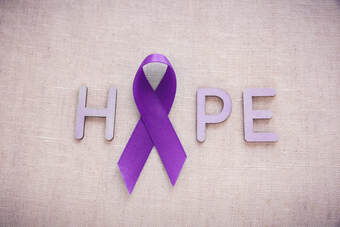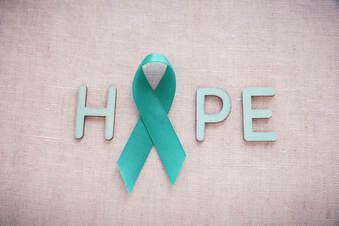Domestic Violence and Sexual Assault
|
If you are interested in counseling for Domestic Violence and/or Sexual Assault, call OakHeart at 630-570-0050 or 779-201-6440 or email us at [email protected]. We have counselors, psychologists, and social workers available to help you at one of our locations in North Aurora, IL, Sycamore, IL, and/or via Telehealth Online Therapy Services serving Kane County, DeKalb County, Dupage County, and beyond.
According to the National Coalition Against Domestic Violence (NCADV), it is estimated that 10 million individuals a year are physically abused by an intimate partner a year. In addition, RAINN (Rape, assault, and Insest National Network), the nations largest anti-sexual violence organization, estimates that every 98 seconds another individual experiences sexual assault.
What is Domestic Violence?NCADV defines domestic violence as the, “willful intimidation, physical assault, battery, sexual assault, and/or other abusive behavior as part of a systematic pattern of power and control perpetrated by one intimate partner against another”. Domestic violence does not discriminate based on race, religion, economic status, age, education, sexual orientation, or nationality. Although physical abuse may occur within a domestic violent relationship, it is not always present and instead abusive behavior alone may be utilized by the abuser to maintain power and control. Some of these behaviors may include:
|
It is important to remember that the most dangerous time for someone experiencing domestic violence in their relationship is when they attempt to leave the relationship and safety planning should be done prior to leaving or ending a domestic violent relationship.
What is Sexual Assault?
RAINN defines sexual assault as sexual contact or behavior that occurs without explicit consent of the victim. This may include:
Statistically, it is estimated that 7 out of 10 sexual assaults are committed by someone the victim knows such as a friend, intimate partner relationship, or acquaintance. It is important to remember that no matter what kind of sexual assault, it is never the victim's fault. Sexual violence can impact survivors psychologically, emotionally, and physically. These effects are not always easy for individuals to deal with and overcome, but with the right support they can be addressed.
- Attempted rape
- Fondling or unwanted sexual touching
- Forcing a victim to perform sexual acts, such as oral sex or penetrating the perpetrator’s body, and penetration of the victim’s body, also known as rape.
Statistically, it is estimated that 7 out of 10 sexual assaults are committed by someone the victim knows such as a friend, intimate partner relationship, or acquaintance. It is important to remember that no matter what kind of sexual assault, it is never the victim's fault. Sexual violence can impact survivors psychologically, emotionally, and physically. These effects are not always easy for individuals to deal with and overcome, but with the right support they can be addressed.
OakHeart Domestic Violence and Sexual Assault Counselors, Psychologists, and Social Workers
|
|
|
|
|








